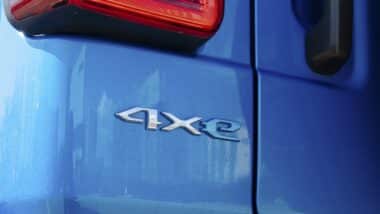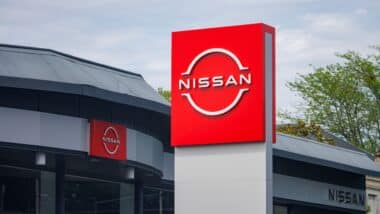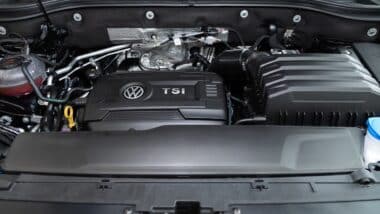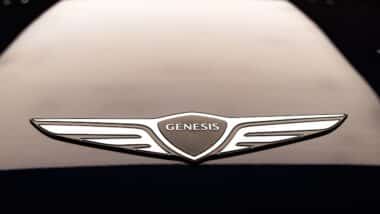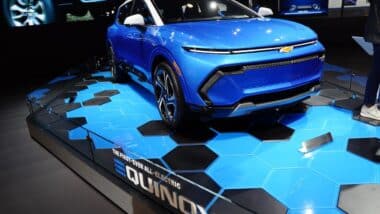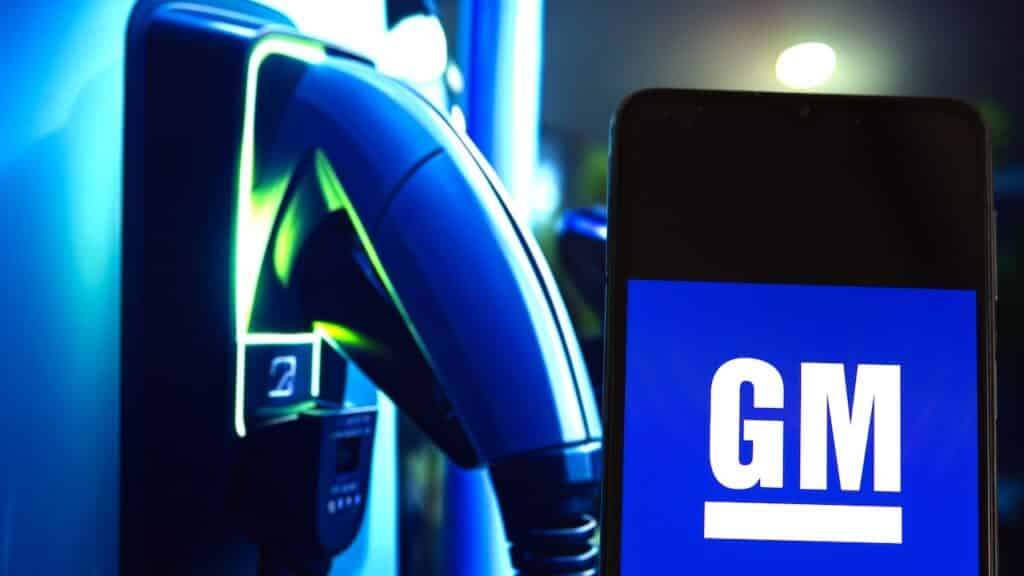
GM Ultium charger class action overview:
- Who: Plaintiffs Rick and Kerry Kriseman filed a class action lawsuit against General Motors LLC.
- Why: The plaintiffs allege GM sold defective Ultium PowerUP electric vehicle chargers.
- Where: The GM class action lawsuit was filed in Florida federal court.
A new class action lawsuit claims General Motors sold defective Ultium PowerUP electric vehicle chargers that are unable to perform their marketed and intended function of properly, consistently and safely charging electric vehicles.
Plaintiffs Rick and Kerry Kriseman filed the class action complaint against General Motors on Oct. 28 in Florida federal court, alleging violations of state consumer laws.
According to the GM class action lawsuit, the chargers are unfit for their ordinary purpose and substantially impair their value to reasonable consumers.
The Krisemans are seeking to represent a Florida class of individuals who purchased a 2022, 2023 or 2024 model year Ultium PowerUP charger in Florida either directly from GM or from a GM authorized store or dealership.
Lawsuit: GM knew Ultium chargers were defective
The GM Ultium charger class action lawsuit alleges that the chargers have two defects: when users plug them into their cars, their internal breakers often trip, causing the chargers to fail, and when the chargers do function, the plugs become so hot that they frequently trigger car alarms.
These two recurring defects prevent normal charging and create a foreseeable risk of overheating during intended use, the lawsuit says.
Despite being aware of the defects, GM sold the chargers to its authorized dealerships in Florida, the plaintiffs claim.
As a result, they allege that they and other class members paid the market price for chargers that failed to function properly, instead tripping, failing to charge, and overheating.
They accuse GM of violating Florida’s Deceptive and Unfair Trade Practices Act and breaching warranty laws. They seek all available equitable and legal relief to restore both themselves and similarly situated consumers to their pre-purchase positions and require GM to conform its conduct to the law.
Two vehicle owners recently filed a separate class action lawsuit against General Motors, accusing the company of selling vehicles with defective master brake cylinder assemblies.
What do you think of the allegations made in this GM class action lawsuit? Let us know in the comments.
The plaintiffs are represented by William Ourand of Morgan & Morgan and Michael F. Ram and Colin Losey of Morgan & Morgan Complex Litigation Group.
The GM Ultium charger class action lawsuit is Kriseman, et al. v. General Motors LLC, Case No. 8:25-cv-02937, in the U.S. District Court for the Middle District of Florida.
Don’t Miss Out!
Check out our list of Class Action Lawsuits and Class Action Settlements you may qualify to join!
Read About More Class Action Lawsuits & Class Action Settlements:
- Gmail faces major data breach as 183 million passwords compromised
- Class action claims frozen shrimp sold at Walmart contained radioactive isotope
- Florida sues Roku for allegedly selling children’s data without consent
- Ford recalls 1.4M vehicles due to rearview camera issues for Ford Explorer, Mustang and other models




